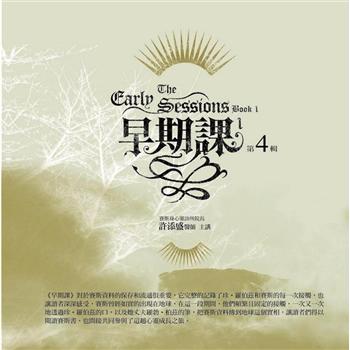Zambia is a landlocked country in Central/Southern Africa, surrounded by eight neighbours. From the Victoria Falls on the Zambezi River to the southern shores of Lake Tanganyika in the north, and from Chipata in the east to Kalabo in the west, Zambia is a country of a variety of ecological zones, shaped by plateaus and escarpments, valleys, and hills. The country is donned with a variety of forests and other forms of vegetation, drained by small and large rivers, and endowed with lakes and swamps filled with over 120 fish species and blessed with an abundant wildlife ranging from the largest, the elephant to the smallest buck. In between are Buffalos, Giraffes, Rhino, various Bucks and carnivore- the Lion, Leopard and Hyeana. With it 19 Game Parks and 31 Game areas. For those who love birds, there are over 720 species. Zambia offers one of the best tourist destinations to see wild life in its pristine environment by joining walking safaris, drive -in or from observation points. From the rushing waters of the mighty Zambezi River, home of the mighty Victoria Falls and the envy of rafters, to the blue calm waters of the Lakes Mweru, Bangweulu and Tanganyika in the north, Zambia offers opportunities to the tourist to enjoy a memorable visit to the various parts of the country. In the coming year, 2005, Zambia will observe three important events: the 150th anniversary of the sighting of the Victoria Falls by Dr. David Livingston recorded on 16 November 1855; the 100th anniversary of the establishment of Livingston, the tourist capital by the administration of North West Rhodesia and later served as the capital of Northern Rhodesia until moved to Lusaka in 1935; and the 100th anniversary of the birth of Dag Hammerskjoed, the former Secretary General who died in a plane crash outside Ndola, whilst on a peace mission to resolve the Congo crisis. Zambia is an oasis of peace and tranquility, the sanctuary for many refugees, and a country imbued with a democratic tradi












